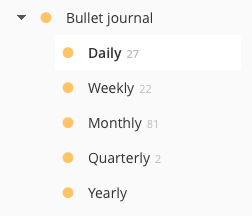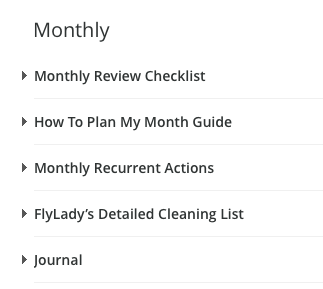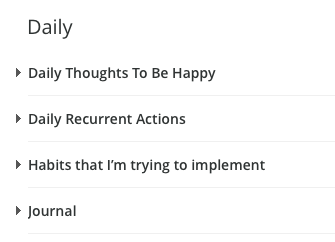So there have been a number of suggestions here, as I suspected it's a big topic and a very common type of action item. Like I said I do have some solutions for recurrent actions (but I'm always open for improvement), so it was more of question of whether GTD really addresses the question adequately.
While there are plenty of solutions that integrate reasonably with GTD I have not been convinced that GTD deals with recurrent actions in a direct way.
Not even sure if DA mentions recurrent actions directly in Getting Things Done. He does have a section called "The Next-Action Categories" which would be the natural place to write about RAs, but what he writes is:
Nothing on recurrent actions. They are a type of next actions in my view, but they don't always go into the next action lists or the calendar (read this thread for a number of creative solutions to RAs).
I'll return with at least one more post, on how I deal with RAs myself.
While there are plenty of solutions that integrate reasonably with GTD I have not been convinced that GTD deals with recurrent actions in a direct way.
Not even sure if DA mentions recurrent actions directly in Getting Things Done. He does have a section called "The Next-Action Categories" which would be the natural place to write about RAs, but what he writes is:
What does need to be tracked is every action that has to happen at a specific time or on a specific day (enter these in your calendar); those that need to be done as soon as they can (add these to your "Next Actions" lists); and all those that you are waiting for others to do (put these on a "Waiting For" list).
Nothing on recurrent actions. They are a type of next actions in my view, but they don't always go into the next action lists or the calendar (read this thread for a number of creative solutions to RAs).
I'll return with at least one more post, on how I deal with RAs myself.




